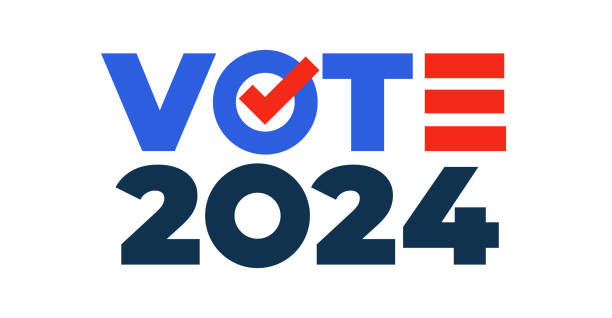New Jersey has found itself in the national spotlight as one of the top 10 states with the highest percentage of lost votes, according to recent data. With 5.9% of ballots either uncounted, spoiled, or mishandled, the issue raises concerns about voter disenfranchisement and the Democratic Party’s ability to maintain fair and transparent elections in one of its strongholds.
A Persistent Problem in Democratic Strongholds
New Jersey joins other Democratic-dominated states like California (9.6%) and New York (7.2%) in facing significant challenges to electoral integrity. While the causes of lost votes vary, the trend is clear: voters in these states are increasingly vulnerable to systemic inefficiencies that undermine their confidence in the democratic process.
The state’s ranking highlights issues such as outdated voting equipment, inefficiencies in handling mail-in ballots, and insufficient voter outreach—problems that have persisted despite the party’s emphasis on expanding voting access.
Barriers to Voting in New Jersey
Analysts point to several key factors contributing to New Jersey’s lost votes:
- Aging Voting Infrastructure: Many counties rely on outdated machines and manual processes, which are prone to errors.
- Mail-In Voting Challenges: Expanded mail-in voting during the pandemic has exposed gaps in processing and verifying ballots, leading to high rejection rates.
- Limited Voter Education: Confusion around voting deadlines, ballot requirements, and procedures has left many voters unable to successfully cast their votes.
These issues are compounded by the state’s dense population and reliance on county-level election systems, which often lack uniformity and efficiency.
Calls for Reform Grow Louder
As the 2024 election approaches, calls for reform are growing louder. Advocates are urging state officials to prioritize investments in modern voting technology, implement better ballot tracking systems, and launch comprehensive voter education campaigns to ensure that every vote is counted.
Some critics within the party argue that the Democratic leadership must take responsibility for addressing systemic barriers to voting. They warn that failing to act could not only alienate voters but also jeopardize the party’s ability to maintain its dominance in the state.
A Crossroads for New Jersey Democrats
New Jersey’s status as the eighth-ranked state for lost votes underscores a deeper challenge for the Democratic Party: balancing its progressive rhetoric on voting rights with the practical need to ensure a seamless electoral process. The data presents an opportunity for introspection and reform, but it also serves as a warning that complacency could lead to long-term political consequences.
With the stakes high in the upcoming election cycle, the party faces a critical question: will it rise to the challenge of modernizing the state’s voting system, or risk eroding trust in its ability to lead? As voters watch closely, the answers to these questions could shape the future of New Jersey politics for years to come.


















